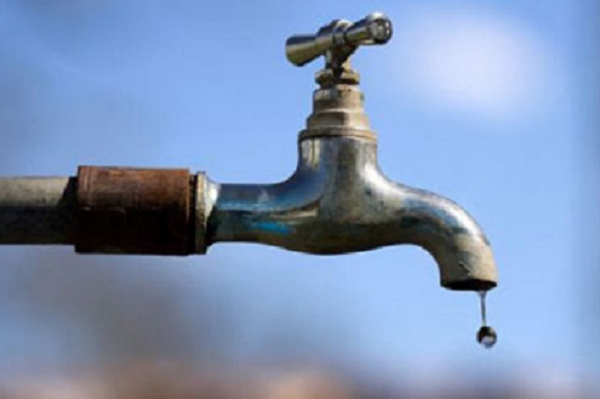
By RICHARD MUPONDE
GWANDA SOUTH has been dogged by serious water shortages, leaving villagers and livestock in dire straits, after boreholes ran dry as a result of the El-Nino-induced drought, which hit the country this year.
The situation has been exacerbated by lack of dams in the area after they were all washed away by Tropical Cyclone Dineo which hit the country in 2017. The dams have not been repaired.
A technical report by the Zimbabwe National Water Authority, released at the time, showed that $500 000 was needed to repair all the destroyed dams, but with the hyper inflationary situation gripping the country, the amount may now be in excess of $1 million.
Most rural areas in Gwanda district were already in need of viable water sources after their dams were destroyed by floods in 2017.
Gwanda South, which is in the Shashe catchment area, is the most affected, with villagers said to have sent an SOS to government to repair the damaged dams and drill deeper boreholes.
Gwanda district administrator Judge Dube yesterday said his office had not yet received a distress call.
“I am going to check on the ground so that we get a true picture of the matter. At the moment, I haven’t received any such report. However, Gwanda South dams, which were destroyed by Cyclone Dineo, have not been repaired due to funding problems. Plans are there to resuscitate them so that we end the problems of water,” Dube said.
- Chamisa under fire over US$120K donation
- Mavhunga puts DeMbare into Chibuku quarterfinals
- Pension funds bet on Cabora Bassa oilfields
- Councils defy govt fire tender directive
Keep Reading
A villager, Tsutsuma Moyo, said Gwanda South’s biggest dam in the area, Gungwe, which sustains about 15 villages, has not been repaired yet, adding that the situation was now dire.
“There’s virtually no water in the district. Our livestock will perish if a remedy is not found soon. Villagers in this area are the worst affected as all the dams were washed away. Agricultural projects were also destroyed, thus affecting the nutritional chain,” Moyo said.
Another villager, Shamiso Ncube, said people now relied on Tuli River, which is about 20km away, to water their livestock.
“The distance exposes our livestock to cattle rustlers. We are appealing to government and non-governmental organisations for assistance to repair the dams before the onset of the rains, as all the run-off would go to waste,” said Ncube.











